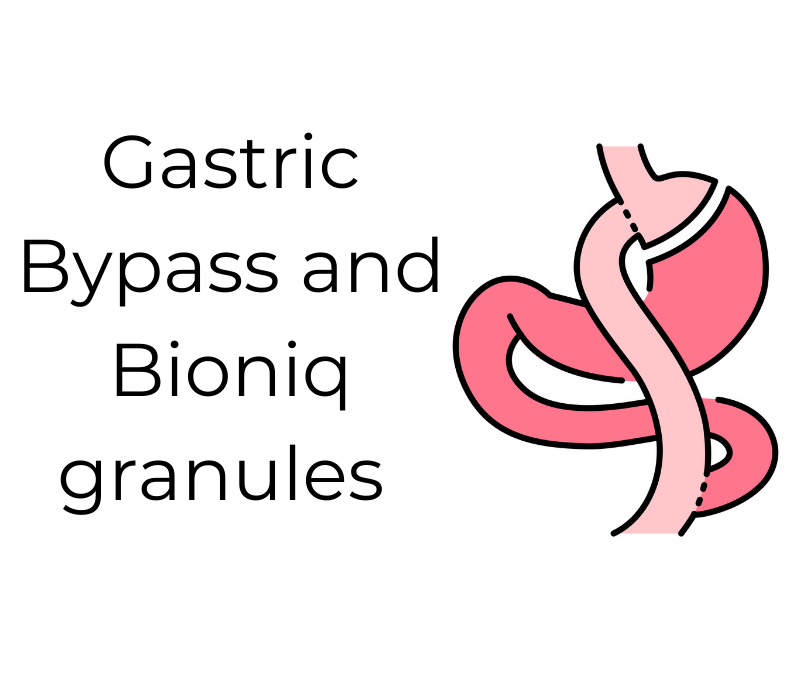
There have always been a lot of myths surrounding a vegan diet. Some claim it's harmful to your body functions, others – that it's healthy per se. Let's fact-check popular claims about the vegan diet and find out what a myth is and what is a fact.
Myth: Vegans can't get enough protein eating only plant-based dishes
Fact: While it's true that meat contains more protein than an average plant-based dish, you can get enough protein by measuring your calories and adding more protein-based plants to your diet to keep the proper protein balance. You will need to consider protein proportions in a plant-based dish vs a meat dish. To get an idea of how meat and plant-based protein compare with each other portion-wise, 1 cup of cooked beans equals 85 grams of meat. Adding a vegan protein powder to your drink is another way to boost your protein intake.
Myth: Vegans are more prone to get iron deficiency
Fact: Iron can be found not only in red meat but also in beans, lentils, chia seeds, chickpeas, dried fruit and dark leafy greens. A helpful tip would be consuming plant-based sources of iron together with greens rich in folate (spinach and kale) and fruit rich in vitamin C (oranges and lemons) — this way, your body can absorb iron more properly.
Myth: Vegan diet is always healthy
Fact: If you've been telling yourself that all vegan dishes are healthy per se, it's not entirely true. If you eat French fries or a salad with a heavy sauce, you won't benefit from such a diet. Don't forget that any processed food or food that contains a lot of salt or added sugar can be equally harmful. Interestingly, a lot of sodium comes from sauces or toppings, such as mustard and pickles. That's why, as the study from the Center of Science in the Public Interest shows, a vegan burger can have as much salt as a regular burger. Therefore, if you want to keep it healthy, follow the rule of clean eating. Go for foods without added preservatives, sugar, sodium and fatty sauces, and choose dishes prepared without excessive oil.
Myth: Skipping dairy isn't healthy for bones and teeth
Fact: There has been an ongoing conversation about cow's milk's efficacy in maintaining good calcium levels. While it acts as a source of calcium, some studies show that cow's milk is not good for your gut, hence why many people develop lactose intolerance. Vegans or those who choose not to consume dairy products can get calcium from soybeans, lentils, peas, spinach, turnips, flax and chia seeds, seaweed and almonds.
Myth: Vegans have nutrient deficiencies
Fact: As stated above, many nutrients, like protein, calcium and a number of vitamins, can be found in plants and seeds. Studies show that as long as you maintain a diverse diet, you can meet nutritional requirements for your body. Nevertheless, getting an annual checkup for nutrient deficiencies is especially important for vegans. If a nutrient deficiency is revealed, your physician may advise you to diversify your diet and take extra supplements to correct your nutrient deficiencies.
%20(1).png)

.png)